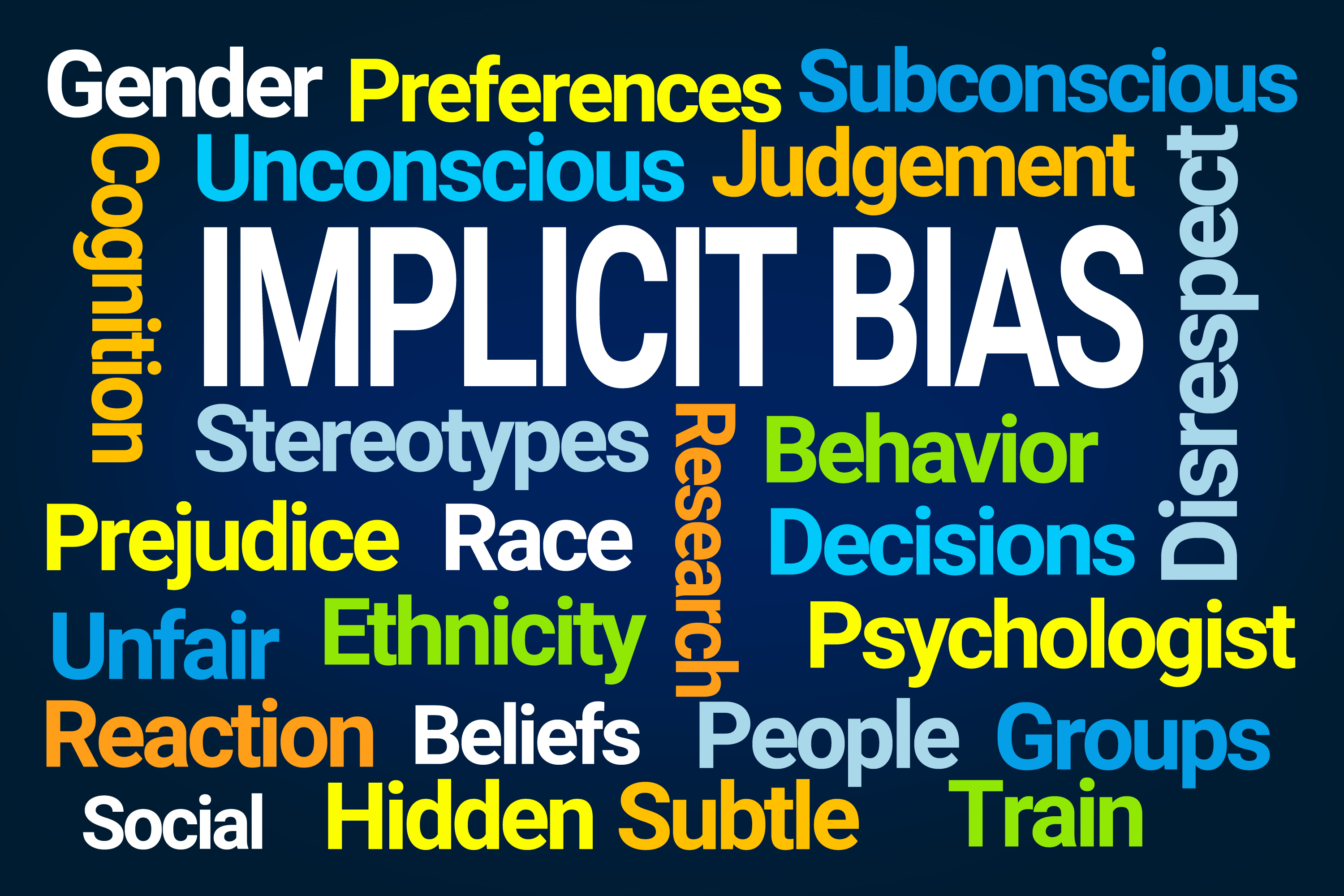What is Implicit Bias?
* The unconscious attribution of qualities to a member of a certain social group.
* Shaped by experiences and based on learned associations between particular qualities and social categories, including race and/or gender
* Affects anyone who may be disadvantaged or have different exposures and backgrounds to that of the physician taking care of them.
* Leads to barriers in receiving health care that is equitable for all and can lead to poor patient outcomes or outcomes different than the physician intended
We all have attitudes and stereotypes that affect our behaviors and decisions unconsciously. Some may have been engrained in us by our parents, some may not be good.
Project Implicit is an online tool which we encourage you to take to assess yourself and see where yours may lie.
Why is this Important?
Ultimately, we want the best care and the best outcomes for our patients (Health Equity). The Institute of Medicine, ACGME which provides accreditation and oversight for residency programs, and the LCME which is the accrediting body for educational programs at schools of medicine in the U.S. and Canada have all recognized that diversity, health equity, and inclusion is very important for our practice, our learners, and our patients. Research has shown that minority patients receive less pain medication and have healthcare disparities independent of insurance status or ability to pay for care when compared to their white counterparts (IOM report 202). These differences likely occur from social counterparts (IOM report 202). These differences likely occur from social determinants of health and may relate to implicit bias.
What are social determinants of health?
Conditions in which people are born, grow, live, work, and age and are Influenced by distribution of money, power and resources at global, national, and local levels. (World Health Organization)
The CDC adds to the definition: where and how people learn, play, worship, and affects wide range of health, functioning, and quality-of-life outcomes and risks



